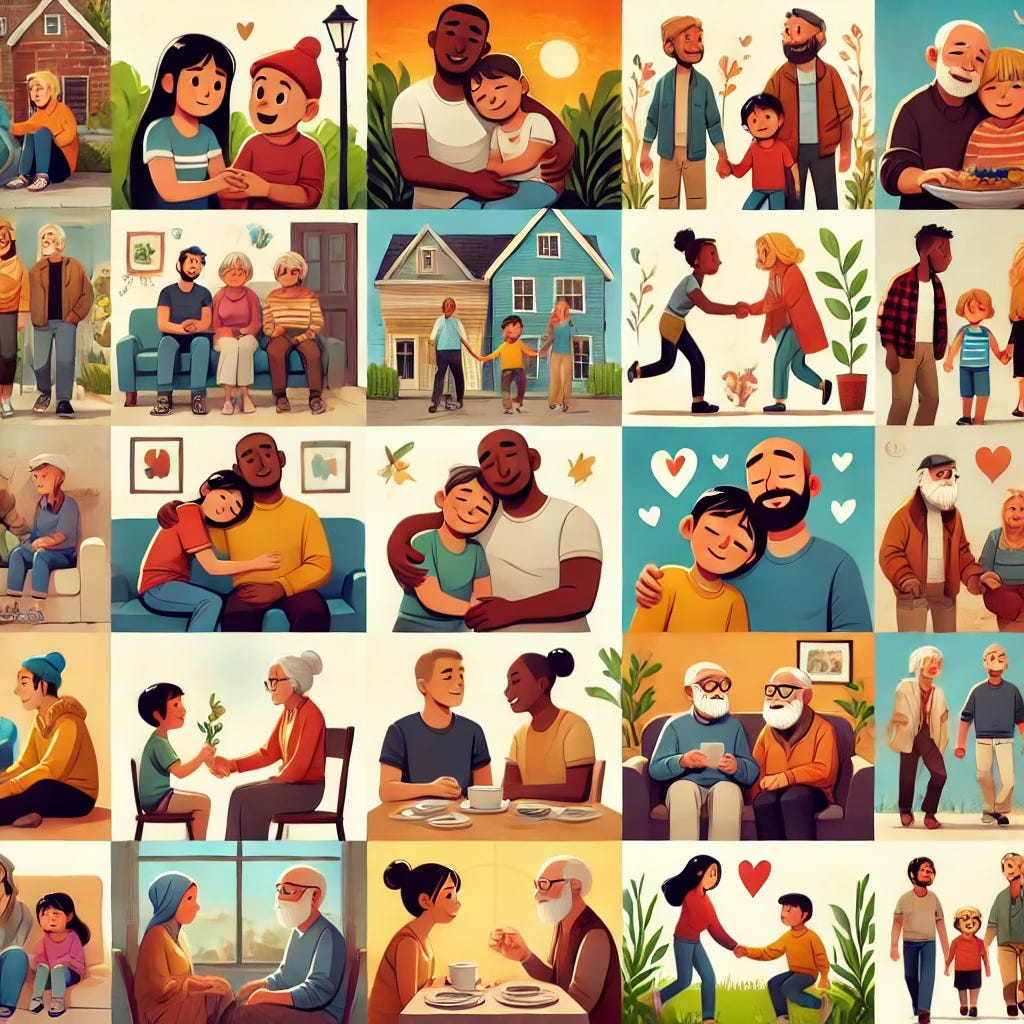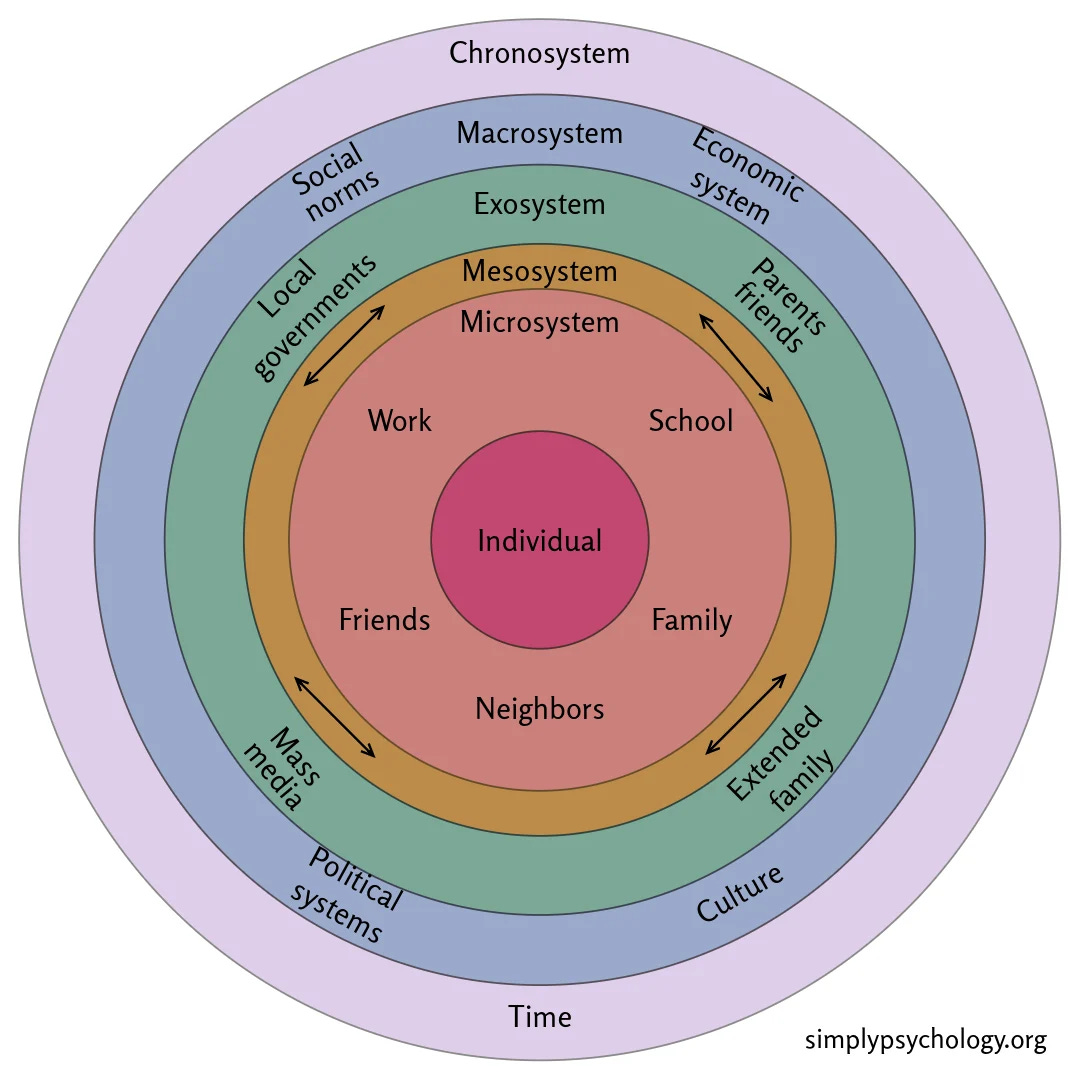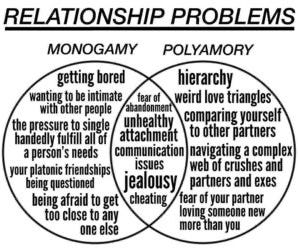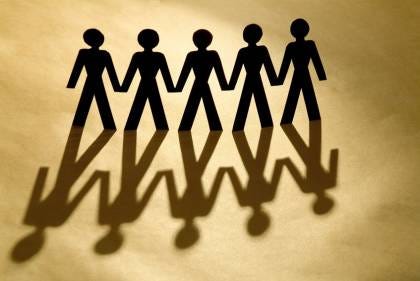When it comes to relationships, there's a sense of empowerment in describing a personal experience as unique, special, and/or different than anyone else's. In particular, when confronting relationship difficulties, "being unique" builds a space for dismissing the wisdom of others and creates the sense of the challenge being insurmountable. Particular forms of relationship are often viewed as intrinsically different than other forms, where the result is a felt sense of how nobody else can understand what you’re experiencing, quite often, conveniently, when it pertains to criticism. How often have we heard someone, when confronted with clear, asked-for advice, say: "Yes, but my situation is different"?
The truth is, every healthy relationship utilizes a set of universal skills related to communication and embodies a set of universal principles related to autonomy and ethics. This is true regardless of the fact that if one were to spend their time highlighting the myriad uniquenesses of each and every relationship bond, the result would be a mere acknowledgment that everyone is special, meaning that really nobody is. Thankfully, at the level of usable relationship skills, the differences between relationship bonds are far outweighed by the similarities of being human.
What is a Relationship?
As a starting point, think of 'relationship' as any form of interaction between two or more people and/or objects. The perceived emotional depth of the connection and the extent of the effects that each inspires in the other will determine the different labels we apply and the judgments we make about its meaning and importance.
Let's be clear: at the most basic level of relatedness, you have as much of a relationship with the chair you're sitting on as you do with the person you're having sex with. If you don't believe me, imagine your chair suddenly disappearing and you having an immediate, viscerally intimate experience between your backside and the hard floor beneath you. Yes, there was a relationship involved, and just because you took it for granted doesn't mean it didn't exist. In fact, that very lack of awareness is often at the heart of so many difficulties in any form of relationship.
The awareness piece is a bigger deal than may initially be considered. I can’t stress enough the principle of Life Is Relationship. I’m a peculiar mix of libertarian/conservative/liberal when it comes to political ideology, and one of the throughlines of that amalgamation is an appreciation of individuality at the heart of a democratic political process. However, when I say individual, I truly mean embedded-individual, as in each person exists as a node within a multilayered or intersectional array of relationships. There is simply nothing about any of our lives that does not to varying degrees connect us to and with other people, objects, institutions, and shared ideas.
For those interested and others who may have a problem with the political overtones that have, fairly and unfairly, become attached to “intersectionality”, the term is simply a new variation on an old concept, another version of which still being a favorite of mine, that of Bronfrenbrenners Ecological Systems Theory. Because these variable relationship systems operate without deliberate conscious awareness, the effects they have in the shaping of our thoughts and external actions often go unnoticed. Yet, effects they still have, and we ignore them at the peril of our mental health.
Consider the clothes you wear, the car you drive, the food you eat, the judgments you’ve made and continue to make about yourself and the people around you in light of considerations of dress, success, personal worth, etc. Not a single piece of any of that is something you came up with all on your own. Not a single thing. Ever wonder why advertisers spend so much money? Because it works! Every single one of us is at the mercy of ideas, notions, and behavioral influences of which we have almost zero conscious awareness of, and yet are influencing behavioral outcomes.
The next time someone says they’re their own person, bring out a shovel because the metaphorical shit is deep. Epistemic humility is not just a principle for knowledge claims of the external world, it’s a principle for claims about ourselves as well. We simply do not choose the thoughts that initially pop up in our minds-eye, and that’s definitely ok. It just means the reality of relationships is constantly at work, providing us potential opportunities to find out even more how amazing our shared humanity is.
Relationship Forms: Monogamy vs Polyamory
So, now that we’ve gone down a bit of a rabbit hole when it comes to the nature of relationships, we can turn to a common demarcation of romantic ones, that of monogamy and polyamory. Remembering what it is to be in relationship generally, we’re simply here bringing attention to a couple forms that are centered on (though not fully encapsulated by) physical intimacy. Broadly speaking, the difference between monogamy and polyamory is the latter allows for more than one potential sexually intimate partner within an overtly discussed negotiated agreement. No, I’m not going into the shades of difference between poly and swinging and so on, that’s a whole other article. The point here is two-fold, the potentiality of more than one sexual partner and that any arrangement is actively and non-coercively discussed. If it isn’t discussed and mutually agreed upon by all involved, it’s just cheating and slapping a label on yourself doesn’t change the moral needle.
Now, when it comes to relationship styles outside the socially distributed norm, there’s a tendency to consider what one is involved with as being somehow unique and beyond the comprehension of another. This attempt at separating oneself from a commonality of humanity can happen even within a norm as well, where many of us can recall statements from others about how their situation is unique and “you wouldn’t understand.” I get this even in my practice as a mental health professional, where the assumption in the professional relationship is that yes, I should in fact understand. Unfortunately, quite often when people say “understand” what they really mean is “agree,” and that’s a whole other rabbit hole to go down.
Part of that uniqueness strategy is to take what are otherwise normal concerns and add new labels to them to somehow make them different. The mental health profession, particularly on TikTok, is rampant with this, but really it’s just a fact of human beings that we love to be special and stand out when it serves us to do so. As an example, below is a Venn diagram that was created to highlight various "Relationship Problems" within monogamy and polyamory. This is not supposed to indicate how everyone views the differences, it's just an example.
Problems and the Relationship Skills that Solve Them
Thing is, there’s not a single difficulty in either of the two circles that can’t be seen as problematic in the other, albeit with different content. Bored? That’s a human tendency broadly. Hierarchy? A host of monogamous couples struggle with roles, and varied interests of importance in one another’s lives. Navigating feelings for others? To say monogamous couples don’t deal with that is just simply absurd.
But the same could be said between two different relationships who are both monogamous or polyamorous. The content will be different, at least to some degree, because we’re looking at different people, but there is nothing that people are going to bring to a situation that is not generalizable to be shared with others. We don’t cease being human because we’re overwhelmed, sad, confused, or happy and joyful. If anything, struggles, rather than isolating us, can remind us that we’re not alone.
Whatever the agreements and labels you want to put on a particular relationship form, all problems stem from a broad set of common issues: fear of abandonment, how you emotionally attach to others, communication style and reflection, who or what is important given limited time resources, jealousy or a sense of threat to what is important, and the degree of deception one engages in. The differences always relate to the individuals and agreements involved, not because of whatever label that is attached, as if labels come pre-programmed with certain characteristics outside the human norm. We’re still human, and not picking a new species class like in a game of Dungeons and Dragaons.
This is honestly something to celebrate. If difficulties were so unique as to be unshareable with others simply due to a label, we’d most definitely be isolated and alone far more often. Instead, we have one another, and the skills needed to address problems are consistent across all relationships.
Identify and collaborate on how you relate to one another.
Take for instance 'hierarchy.' In polyamory, this may represent one partner as being more important than another, while in monogamy, the complaints that "he's married to his job" or "I'm a gamer widow" come to mind. People have varied interests that take up different amounts of time and other resources. Determine what amount of time is generally important to you to have with whoever you’re with. There are different thresholds here and it’s important to be honest with yourself about that is and communicate it with the other person.
Expectations are not the same as obligations.
Wanting what we want in any relationship is part of identifying how we like to get our needs met. This is an ongoing process throughout life. However, the other person is a separate person with their own needs and expectations. Naming them is part of being honest, but none of them are obligations to be fulfilled by the other. And no, this is true no matter what label you slap on the relationship. A so-called ‘traditional’ marriage may have socially mandated obligations, but each person isn’t required to hold to them, and I’ve known any number of marriages throughout twenty years in mental health that work quite well, but wouldn’t for a different couple. This is true regardless of how many people are involved and why honesty and critical self-reflection is so important. In other words: own your own shit.
Change is inevitable, celebrate the process.
Everyone wrestles with fears of being unworthy, of not being enough, of not having enough time, attention, etc., of not being respected. No matter how many people you’re connected with, in whatever way those connections work for all involved, requires good communication skills to discuss the concerns and fears of everyone involved in the relationship. Part of that communication is an acknowledgement that each and every relationship is a co-creative enterprise where change is inevitable. How each person contributes to the connection with behavior for navigating change is part of that person’s personality, relational background, needs/wants, and broader contexts you find yourselves in. To keep things the way they are only leads to attempts at control that will doom any relationship. We’re human, change provides the space for new things to emerge. Celebrate that in one another.
The form of your relationship does not exclude you from the potential struggles of being human. This is true regardless of label, ideology, or personal identity. They’re all just attempts at simplifying a life that we engage with through our relational bonds. Instead, we can learn to focus on refining our skills: communication, listening, focus, respect, and asking for what we need. This is how we build strong relationships, regardless of form, with those we have identified as being important and who we are saying yes to each time we engage.







